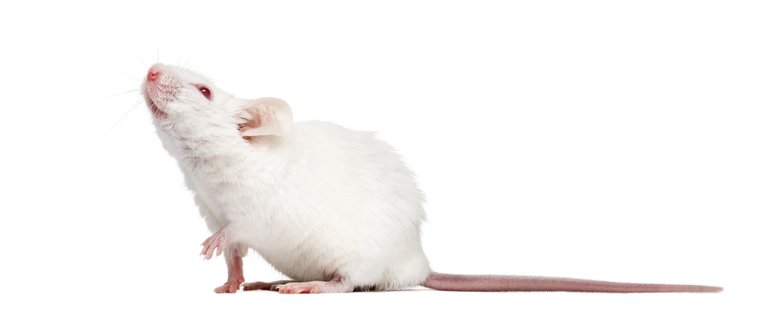A blood enzyme reduces aggression

Researchers from the US and Canada discover that an enzyme, typical of blood, regulates aggression. In the experiments carried out with the mouse it is observed that the increase of this enzyme considerably reduces the aggressiveness. The work has been published in the magazine PNAS.
The enzyme butirilcolinestarase (BChE) is common in the blood of vertebrates. It is not very clear what is its true physiological function, but it does undo many substances like cocaine. In fact, while researching the BChE enzyme as an option to treat cocaine addiction, they realized that aggression decreases. To increase the hydrolysis of the cocaine, an enzyme BChE mutated by gene transfer was introduced to the mice. On the one hand, they stated that it could serve to combat cocaine addiction, since it dissolves before reaching the brain. But, on the other hand, they realized that the usual struggles between mice decreased considerably.
In view of this, they began to investigate how the enzyme BChE influences aggressiveness, and affirm that when the enzyme increases in the blood the aggression decreases and, on the contrary, mice with the gene silenced of this enzyme are more aggressive.
Researchers have found that the key is in the grelin hormone. Grelina increases hunger, anxiety and stress, among other things, and this hormone is also destroyed by the enzyme BChE. In fact, researchers have proposed that the main physiological function of the enzyme could be the destruction of grelina. And with in vitro experiments they have confirmed that the human BChE enzyme also disappears the grelin.
Buletina
Bidali zure helbide elektronikoa eta jaso asteroko buletina zure sarrera-ontzian











